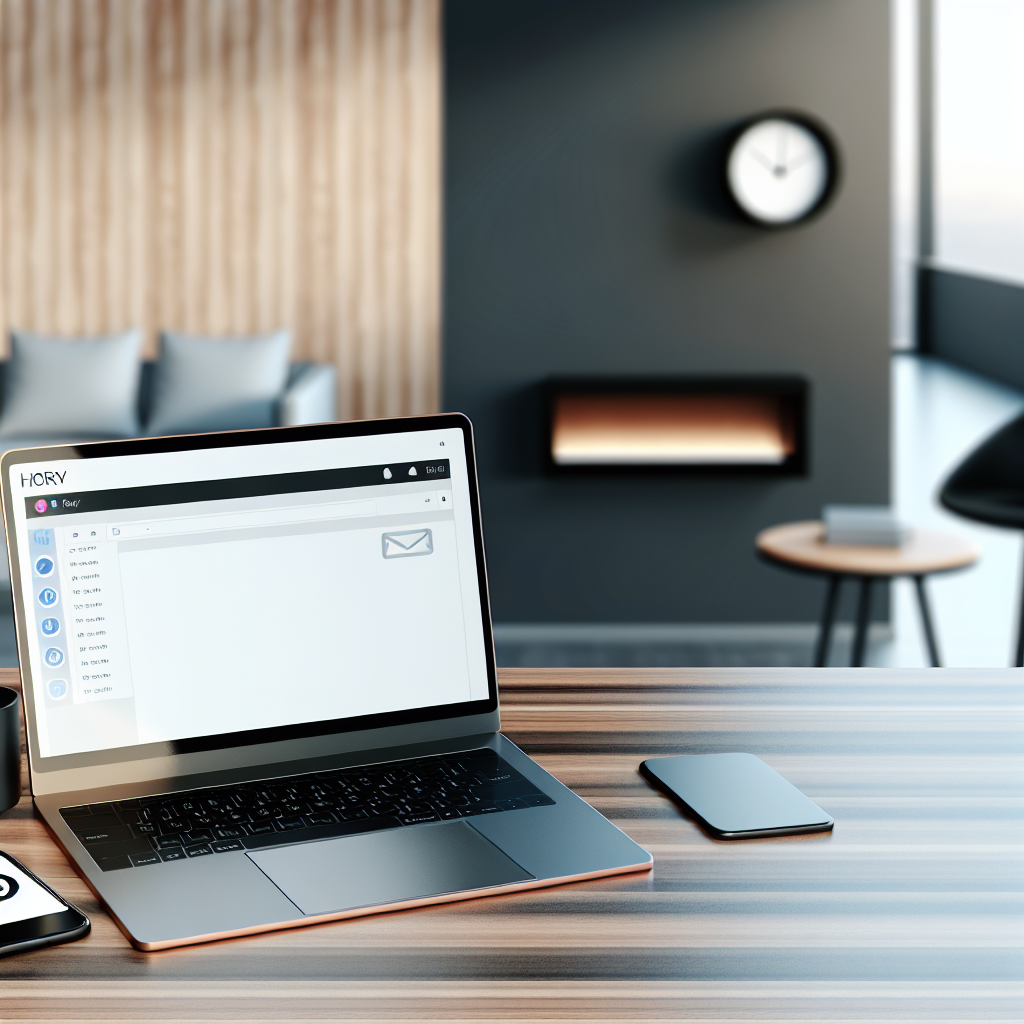
In today’s competitive job market, the importance of follow-up calls after an interview cannot be overstated. For both job seekers and Human Resource (HR) professionals, understanding the dynamics of post-interview communication is vital. Here’s a comprehensive exploration of how these calls can influence recruitment processes and candidate perceptions.
Understanding the Significance of Follow-Up Calls
For candidates, calling back HR after an interview can serve as a critical touchpoint. It signals to hiring managers that candidates remain enthusiastic about the opportunity. Not only does this proactive approach highlight a candidate’s interest, but it also sets them apart from others who might not check in after their interview.
Show Continued Interest
The act of reaching out demonstrates commitment. According to Lois Pigford, renowned author of The Successful Interview & Beyond, a well-timed phone call can profoundly impact the post-interview process. Candidates who express their eagerness through follow-up communication often leave a lasting impression on hiring managers.
Clarify Status
Follow-up calls can also be a vital tool for clarifying application status. Candidates can inquire about whether the position has been filled or if they are still under consideration, providing them with a clearer picture of their standing in the hiring process.
Current Trends in Post-Interview Communication
The landscape of recruitment continues to evolve, leading to new trends in how candidates should approach follow-up calls.
Adopt a Proactive Approach
Experts advocate for candidates to adopt a proactive stance in the post-interview process. This often involves waiting a few days to allow the hiring manager to process their thoughts before initiating a polite follow-up call. This shows patience, while also allowing candidates to remain engaged with the hiring team.
Timing is Key
In terms of proper timing, most professionals recommend waiting at least two to three days post-interview before placing a call. This timeframe allows interviewers to recollect their thoughts and makes it more likely the interview will still be fresh in their minds. Timing not only demonstrates respect for their workflow but also positions the candidate as considerate.
Key Benefits of Follow-Up Calls
There are multiple advantages to candidates making follow-up calls, which can ultimately enhance their chances of progression in the recruitment process.
Increased Visibility
One of the standout benefits is increased visibility. A follow-up call can help keep candidates top of mind for hiring managers. For HR professionals, this is beneficial as it reflects a candidate’s diligence and seriousness regarding the opportunity.
Clarification of Next Steps
During a follow-up call, candidates can also seek clarification on the next steps in the hiring process. By asking about the timeline for filling the position, they gain insight into when they might expect further communication, allowing them to manage their expectations accordingly.
Showcase Professionalism
A well-executed follow-up call not only reiterates a candidate’s interest but also projects an image of professionalism. Maintaining a polite and brief communication style is essential to ensuring candidates do not come off as aggressive or insistent. This includes expressing gratitude and respect for the hiring manager’s time.
Best Practices for Follow-Up Calls
To maximise the effectiveness of follow-up calls, candidates should adhere to several best practices:
- Wait a Few Days: Allow enough time for hiring managers to reflect on the interview before placing a follow-up call.
- Avoid Gatekeepers: Whenever possible, avoid being redirected to someone else when calling. If potential rerouting occurs, politely ask when the interviewer might be available.
- Introduce Yourself: Begin the conversation by refreshing the interviewer’s memory. This helps personalise the conversation.
- Be Brief and Direct: Avoid an extensive monologue about why you are the best fit. Instead, express your gratitude and interest in a straightforward but polite manner.
- Ask for a Timeline: If the hiring manager does not specify, consider asking if it’s appropriate to check back in a week.
Addressing Concerns and Misconceptions
Despite the benefits, candidates may hesitate to make a follow-up call due to fear of being perceived as pushy. It’s vital to clarify that a strategic follow-up can enhance, rather than hinder, their chances. According to insights from Hcareers, effective communication is an essential part of the job-seeking process and should not be overlooked.
Additionally, there is a prevalent misconception that no call back indicates a lack of success. As highlighted in discussions on Reddit, hiring managers might sometimes say “we’ll call you” without a definitive outcome in mind. It’s essential for candidates to stay patient, maintain their networking efforts, and not assume silence implies rejection.
Conclusion
In summary, while calling back HR after an interview carries certain risks, its potential benefits are considerable when executed with care. A follow-up can significantly impact the recruitment process, both from the candidate’s and the HR professional’s perspectives. It shows enthusiasm, clarifies application status, enhances visibility, and demonstrates professionalism.
For HR professionals, it’s equally valuable to maintain clear communication channels, creating an atmosphere where candidates feel empowered to follow up. By fostering openness and encouraging appropriate communication, organisations can improve the overall candidate experience, making the recruitment process smoother for everyone involved.
Ultimately, a well-timed and professional follow-up call can make a positive difference in the hiring landscape. As recruitment continues to evolve, candidates who navigate the post-interview process expertly will set themselves apart.
For further insights on the nuances of follow-up calls, consult sources such as Chameleon Resumes, which highlights common reasons for delayed responses and how candidates can maintain their focus amid these complexities.
Vadim Kouznetsov is a distinguished entrepreneur and the visionary founder and CEO of JobXDubai.com, the UAE’s rapidly expanding job board. Renowned for his expertise in bridging the gap between job seekers and employment opportunities, Vadim has become a leading authority in the recruitment and job market of Dubai.
